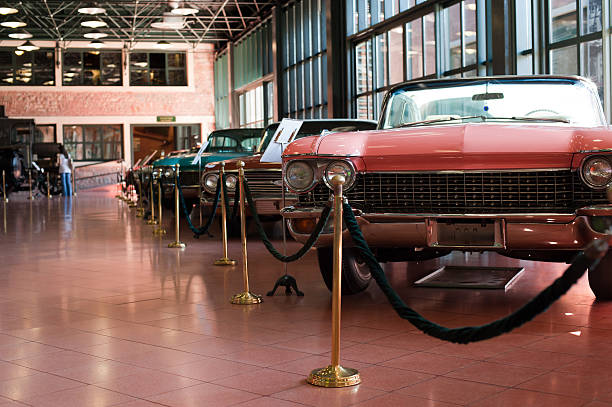Ao investigar o mercado de veículos seminovos, você encontrará uma gama de oportunidades atraentes, muitas vezes com preços significativamente reduzidos, que evidenciam excelentes ofertas disponíveis. Entretanto, é crucial proceder com cautela para garantir que o carro selecionado atenda às suas necessidades e constitua uma escolha financeira sensata. Realizar uma avaliação detalhada é vital para navegar com segurança no complexo processo de aquisição de um automóvel usado.
1. Create a bank account
Before you start looking for a used car, it’s important to have a clear budget. Think about more than just the purchase price. Consider things such as insurance, registration costs and possible repairs. You can limit your options and avoid overspending by creating a budget you can stick to.
2. research
Before purchasing a used car, you should do plenty of research. Look at different makes and models and consider factors like reliability, gas mileage and resale value. Also request a report on the car’s history to see if there have been any accidents or if there are any mechanical problems that could affect its driving condition.
3. Look at the car
Before you make a decision, take a good look at the car from top to bottom, inside and out. If you look for signs of rust, damage or wear, pay special attention to critical components such as the engine, brakes and suspension. Don’t forget to test drive the car to see how it handles and handles on the road.
4. Mechanic for advice
It’s always a good idea to have your car inspected by a qualified mechanic, even if it appears to be in good condition. A professional inspection can reveal problems that aren’t obvious at first glance, saving you a lot of money on future repairs. Think of it as a small expense that can save you a lot of money and effort.
5. Egotiate
If you know what you’re talking about, you can get a better price on a used car. Find out how much comparable cars on the market are worth and use that information to get a better deal. If the seller doesn’t agree to your terms, be prepared to walk away as there are many other options.
6. Costs of repairs
Maintenance costs tend to be higher for older vehicles, so it’s important to factor this into your budget. Find out the common problems with the make and model you want and guess how much it will cost to repair and maintain it over time. Also look for cheaper parts and service options to keep costs down.
7. View legal documents
You should carefully review all legal documents that come with the car before completing your purchase. Make sure the title is clear and that the car is free of any liens or debts that still need to be paid. Make sure you review everything carefully to avoid legal issues or future disagreements over who owns what.
8. Complete shopping
Once you’re both happy with the condition and price of the car, it’s time to make the deal official. Complete any paperwork that needs to be filled out, such as the bill of sale and title transfer, and make sure everyone agrees to all terms and conditions.
FAQs
1. Is buying a used car a good idea?
It depends on what you want and how much money you have. Older cars may be cheaper and have more features than newer models, but may require more maintenance.
2. How do I make sure I don’t buy lemons?
Doing plenty of research, inspections, and talking to technicians can help you identify problems before purchasing the product.
3. What should I do if, when buying a used car, I discover a problem that I was not aware of?
Depending on the severity of the problem, you may be able to file a lawsuit against the seller. An attorney can help you figure out your options.
4. If I want to buy a used car, is there any way I can get financing?
Some lenders offer used car loans, but terms and interest rates may vary. It’s important to consider all your options and consider how much financing you need in total.
5. How often should I have my old car serviced?
The best way to keep your old car running smoothly is through regular maintenance. Follow the manufacturer’s instructions and contact your mechanic for recommendations specific to your driving habits and vehicle condition.
Conclusion
Buying a used car can be fun, but you need to think carefully and do a lot of research to make sure everything goes smoothly. By following these important tips, you can feel confident in the process and find the perfect used car to suit your needs and budget.



